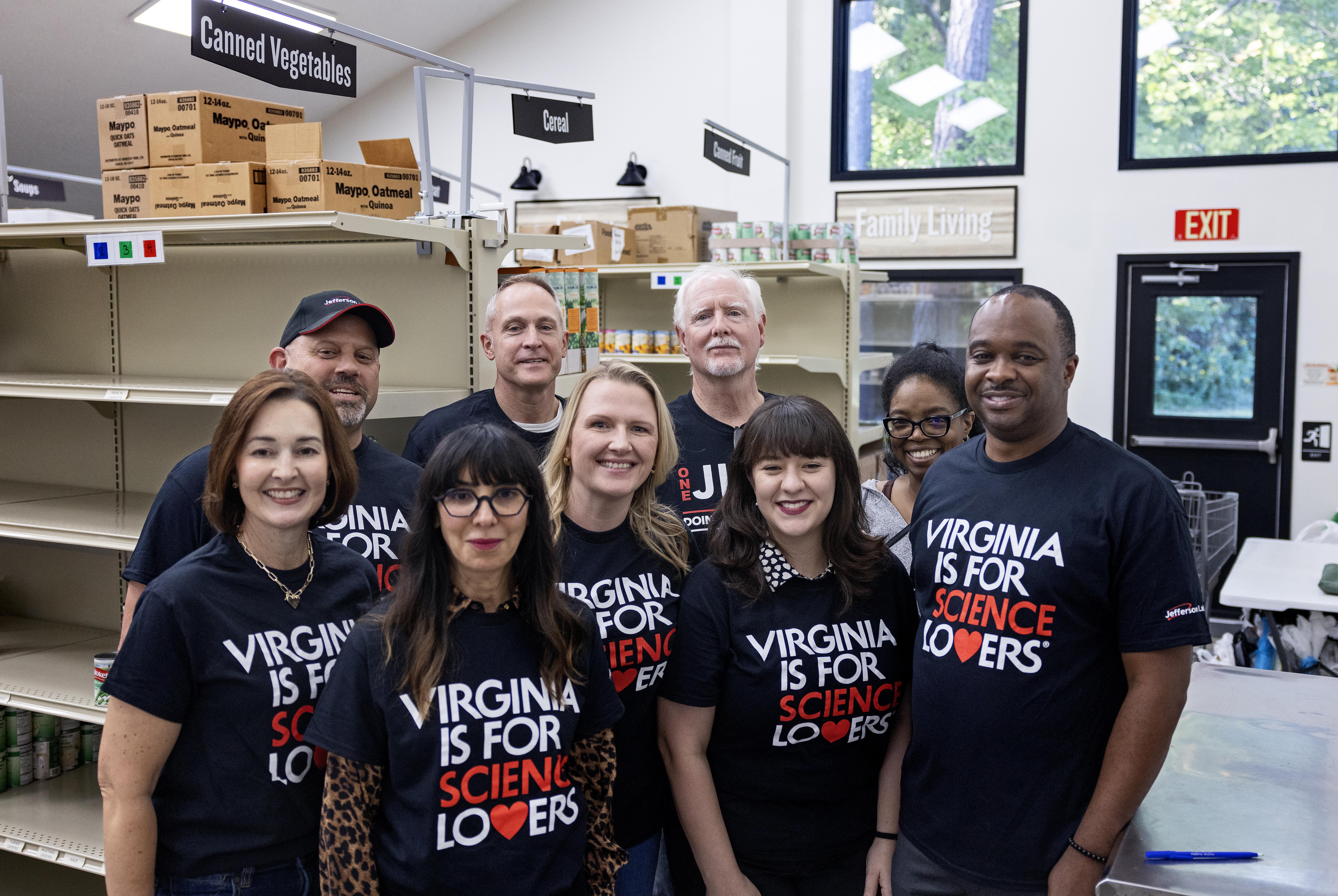In today’s rapidly evolving educational landscape, parents are increasingly seeking effective strategies to empower their children and optimize their academic experiences. Navigating the complexities of modern education requires a thoughtful and informed approach, as the skills and knowledge that students need to thrive are continually shifting. This article delves into the essential methods and insights that parents can employ to help their children make the most of their educational journey. By analyzing current educational trends, developmental psychology, and practical techniques, we aim to provide a comprehensive guide that equips parents with the tools necessary to foster a nurturing and stimulating learning environment. Through a confident exploration of these strategies, we aspire to illuminate the pathways that lead to both academic success and lifelong learning.
Fostering a Growth Mindset in Your Child
Encouraging a mindset that embraces challenges and sees effort as a path to mastery can significantly enhance a child’s educational journey. Start by modeling a growth mindset yourself; children often imitate the behaviors and attitudes of their parents. Use language that emphasizes learning and growth over innate talent, and praise your child for their efforts, strategies, and progress rather than just their intelligence or results.
- Encourage curiosity: Foster an environment where questions are welcomed and exploration is encouraged.
- Normalize mistakes: Teach your child that mistakes are a natural part of learning and an opportunity to grow.
- Set realistic goals: Help them set achievable yet challenging goals, focusing on the journey rather than the destination.
- Provide constructive feedback: Offer specific, actionable feedback that guides improvement and growth.
By cultivating these habits, you empower your child to view education as a dynamic, lifelong process, building resilience and adaptability that will serve them well beyond the classroom.

Establishing Effective Study Habits at Home
Creating an environment conducive to learning is crucial for your child’s academic success. Begin by designating a specific area in the home as a study zone. This space should be quiet, well-lit, and free from distractions. Consider adding a comfortable chair and a desk or table to promote good posture and focus. Personalize this space with educational materials, such as a bookshelf with reference books or a wall calendar to track assignments and deadlines. Organization is key, so ensure that all necessary supplies, like pens, paper, and a computer, are easily accessible.
- Set a consistent schedule: Encourage your child to study at the same time each day to build a routine.
- Break tasks into smaller chunks: Help them divide larger projects into manageable parts to avoid overwhelm.
- Encourage regular breaks: Short breaks can improve concentration and prevent burnout.
- Promote active learning: Encourage methods such as summarizing, questioning, and teaching others to reinforce understanding.

Leveraging Technology to Enhance Learning Opportunities
In today’s digital age, integrating technology into your child’s educational journey can significantly amplify their learning experiences. With an array of resources at their fingertips, children can explore subjects in depth and at their own pace. Here are some effective ways to utilize technology for educational enhancement:
- Interactive Learning Apps: Encourage your child to use educational apps that offer interactive lessons and quizzes. These apps often gamify learning, making it both engaging and effective.
- Online Courses and Tutorials: Platforms like Khan Academy and Coursera provide free courses on various subjects. These resources can help your child delve deeper into topics of interest or gain new skills.
- Virtual Reality (VR) Experiences: Leverage VR tools to take your child on virtual field trips or explore complex concepts in a three-dimensional space, enhancing their understanding and retention.
By strategically incorporating these technological tools, you can transform your child’s education into a more dynamic and personalized experience, ultimately fostering a love for lifelong learning.

Building Strong Communication Channels with Educators
Fostering effective dialogue with educators is crucial in enhancing your child’s learning experience. Begin by establishing open lines of communication with teachers and school staff. Attend parent-teacher meetings, utilize school portals, and join parent forums to stay informed about your child’s progress and school events. These interactions not only help in addressing academic concerns promptly but also allow you to share insights about your child’s learning style and preferences.
- Be proactive: Regularly check in with teachers, even when there are no immediate issues.
- Use multiple channels: Engage through emails, phone calls, and in-person meetings to ensure clear and consistent communication.
- Encourage feedback: Invite constructive feedback from educators and share your observations as well.
Creating a partnership with educators can significantly contribute to a supportive learning environment. When parents and teachers work together, they can tailor strategies that address specific needs, ultimately paving the way for a more personalized and effective educational journey for your child.



